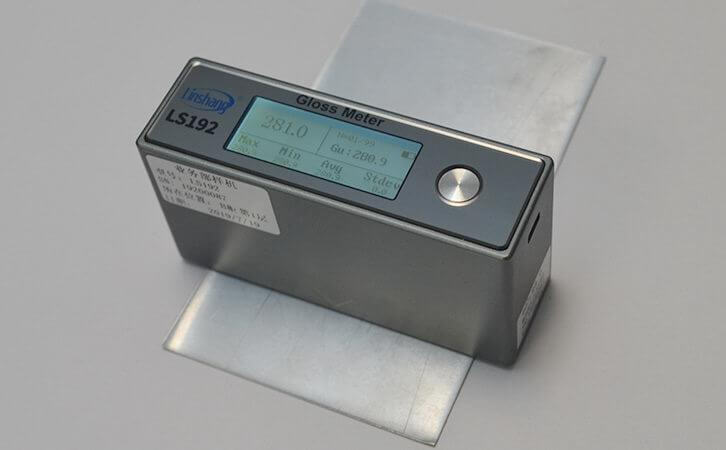Influencing Factors of Metal Surface Spraying
A good spray coating protection layer is continuous, intact and well combined. It can be a barrier to inhibit the penetration of corrosive media and it is an effective measure to improve the anticorrosive and corrosion resistance of spray coating metals.
Influencing factors of metal surface spraying
1.Environment
The cleanliness of the metal surface seriously affects the binding force of the paint spray coating. If the residual or adsorbed water, oil stains and other foreign matter on the surface of the workpiece are not cleaned up, it will often cause pinholes, nodules, peeling or poor bonding.
After phosphate treatment of steel parts, after chemical oxidation or anodization of aluminum alloy parts, after chemical oxidation treatment of magnesium alloy parts, etc., It is necessary to spray paint in a timely manner within 24 hours. Steel parts are subjected to sandblasting and shot peening. Painting must also be done within six hours. This process measure is a good method proven in practice to help improve the adhesion between the coating film layer and the substrate to enhance its corrosion resistance.
If the temperature is too high, the relative humidity is high, the paint spray coating layer is easy to become white and orange peel-like. If the temperature is too low, the paint layer is easy to flow, which adversely affects the quality of the coating on the metal surface.
Spray painting operations on metal surfaces generally use air spray. Pay attention to keep the distance between the spray gun and the surface being sprayed in the range of 200 ~ 300mm and control the compressed air pressure at 2 ~ 4kg / c㎡, so that the quality of the paint can be more effectively guaranteed.
2. Coating performance
The performance of coatings has a lot to do with the anti-corrosion and corrosion resistance of painted metals. High-quality coatings can effectively protect metals even in harsh conditions. Different coatings have different properties. The factors that affect the performance of the coating protective layer are mainly determined by the synthetic resin, fillers and the crystallinity and solubility that constitute the coating film.
3. Measurement of gloss and thickness of metal surface coatings
Metal materials are required to measure gloss. Some metals have very high gloss. If a low-range gloss tester is used to test high-gloss metals, it will exceed the measurement range. Linshang Technology has invented two gloss testers, LS191 and LS192. The measurement angle of the Linshang gloss testeris a universal 60 ° angle. The biggest difference is that the measurement range. The measurement range of LS191 is 0-200GU and the measurement range of LS192 is 0-1000GU.
The universal gloss tester on the market has a general range of 0-200GU and it is not enough to measure high-gloss metal ranges. But using the Linshang LS192 gloss tester can meet the test needs. And the instrument has an intelligent statistical function, which can automatically calculate the maximum, minimum, average and mean square error values in the test data group. The uniformity of the gloss can be judged by the size of the mean square error value.
In addition, the measurement of the metal surface coating thickness is also extremely important. If the metal surface coating thickness is too thick or too thin, it will directly affect the metal anticorrosive performance and service life. The specific thickness of a metal surface coating can generally be measured by using a coating thickness gauge. The accuracy of the three coating thickness gauges independently developed by Linshang Technology is consistent with the accuracy of the Germany brand Q-nix. It is currently the highest precision instrument in Chinese coating thickness gauges.
